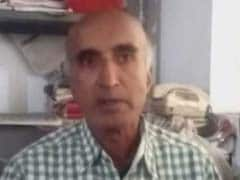What are the income tax implications of interest earned in those EPF accounts?
Income tax laws say that the interest accumulated in your EPF account after you quit the job is taxable. This was upheld in a ruling by Bangalore Income Tax Tribunal. "The ruling states that interest on EPF accumulated shall be taxable after the period when a person leaves employment and doesn't withdraw or get his/her EPF balance transferred with the new employer," says Sandeep Sehgal, director of tax and regulatory at Ashok Maheshwary & Associates LLP.
Explaining further, Mr Sehgal says, according to income tax laws, "accumulated balance of EPF up to the date of leaving employment shall only be exempt and any interest accrued thereafter shall be taxed."
There is already another ruling wherein the same position has been taken by Delhi Tribunal, he adds.
In the Bengaluru Tax Tribunal case, the appellant was an employee of an IT company. The appellant retired from the company in 2002 after serving the company approximately for a period of 26 years. The person did not immediately withdraw the accumulated balance in his EPF account claimable by him on the date of retirement. The appellant had withdrawn a sum of around Rs 82 lakh in 2011 and did not pay any income tax on the interest accrued in his EFP account after 2002.
The tax tribunal upheld the assessing officer's contention that the interest portion on the maturity amount withdrawn after retirement becomes taxable in the hands of the assesse.














